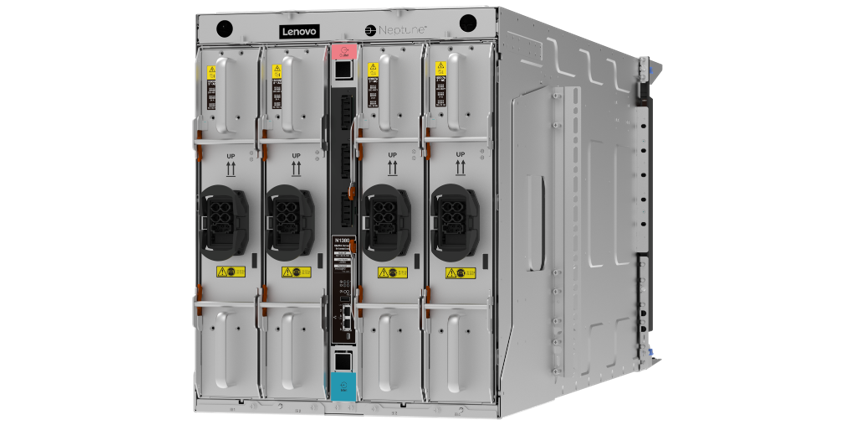 A new whitepaper by David Chappell looks at how Windows HPC Server and the Windows Azure cloud work together on computationally intensive workloads. Citing the problems of security, data movement, and lack of ISV adoption, Chappell contends that most organizations won’t be able to rely solely on the HPC cloud as things sit today.
A new whitepaper by David Chappell looks at how Windows HPC Server and the Windows Azure cloud work together on computationally intensive workloads. Citing the problems of security, data movement, and lack of ISV adoption, Chappell contends that most organizations won’t be able to rely solely on the HPC cloud as things sit today.
While the rise of cloud computing will surely have a big impact on the HPC world, the reality is that on-premises HPC clusters aren’t going away. Instead, providing a way to combine the two approaches—cluster and cloud—makes sense. This is exactly what Microsoft has done with Windows HPC Server and Windows Azure, supporting all three possible combinations: applications that run entirely in an on-premises cluster, applications that run entirely in the cloud, and applications that are spread across both cluster and cloud.
Chappell has written a number of related whitepapers recently such as Introducing the Windows Azure Platform.




I’m concerned that the over-use of the term HPC has resulted in another ‘buzz’ trend that is going to ruin yet another industry. HPC and the use of the CLOUD cannot properly work by definition. Internet technology does not provide enough throughput to do true high performance computing via a cluster of long distance connected nodes. Just because you make a bunch of machines process things in parallel does not automatically make them high performance. High Performance Computer systems are precision designed to work at the absolute fastest speed possible to compile data as quickly as physical characteristics will allow. To claim that sending data over a 1mbit-1gbit link to another machine clear across the country to compile data and send back and do that through multiple nodes is ludicrous! I think people need to start taking HPC seriously and stop trying to gimmick every new thing they see.
Thanks.